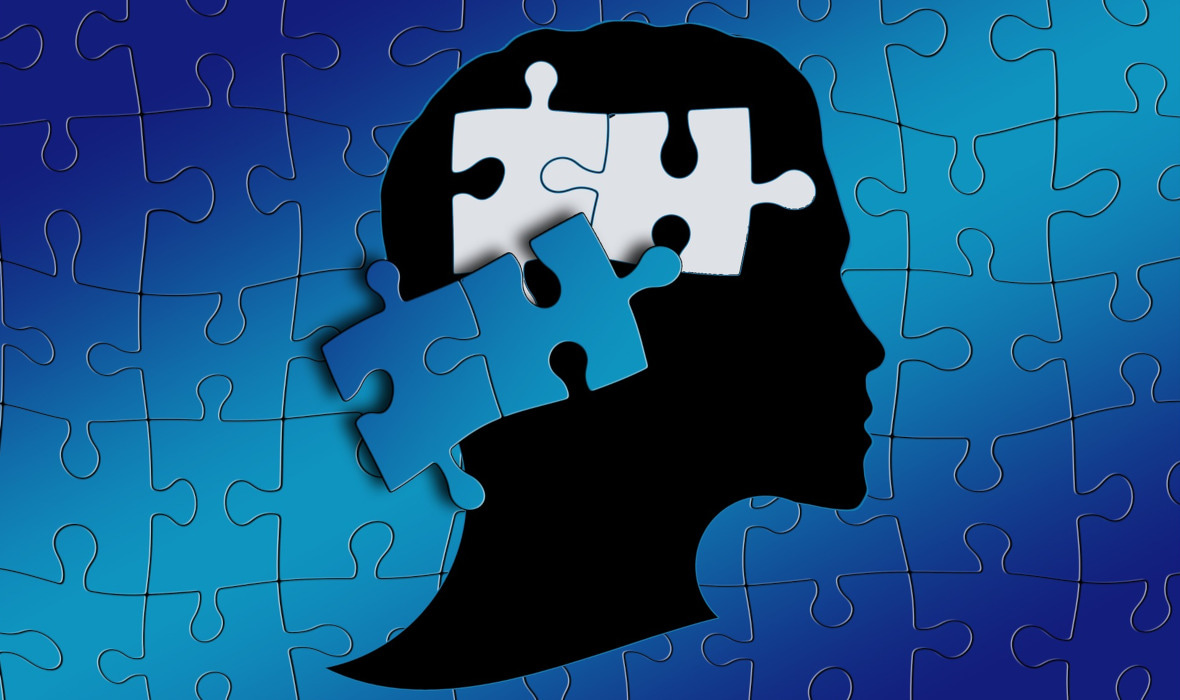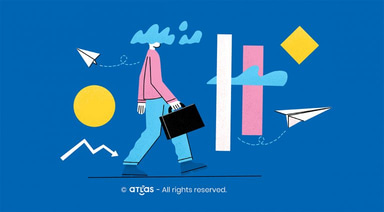Andrei Alexandrescu, Performance Coach in the ATLAS community, spoke to us in today’s article about prejudices. What they are and how to counteract their harmful effects in order not to affect our daily lives.
Prejudices are automatics that narrow our logic and reasoning, and their direct and aggressive effect is to hinder our development, whether business, relationships, or personal.
Introduction (more extended but about life)
I know it sounds harsh, but it’s a subject that needs all the due respect. Especially since it reminds us that we are. We will still be programmed to live man-with-man (and not man-by-car). The prejudices are those that lead to the emergence of limited judgments, labels, stereotypes, and other forms of hit-and-run, more Neaoş said – “Assign and that’s about it.”
Prejudices (in short, preconceived ideas that someone does on one thing, without the direct or total knowledge of the details) and especially the results from their study, are the basis:
- Multiple personal and organizational development programs (even if they are not directly called, but about them),
- Coaching,
- Forms of therapy.
Better awareness and control over prejudices are leading to substantial human gains.
We also find them treated in various sources and under the names (or chapters): bias (cognitive), cognitive distortion, logic errors, patterns (thinking), automatic thoughts, etc. Of course, there are no complete synonyms, and there are differences.
Prejudices are natural and their species, and there are several theories of their existence. In short, man has a very high cognitive capability but has some limitations on the perception, storage, combination, and use of data.
As a consequence, our brain is “wired” so that we cope with the multitude of information so that we can make decisions, knowing that other resources are limited (attention, memory). So they are some right sides to the story.
I want to set an example before presenting you with a few biases, which you have probably heard. “In Romania, you can only have a job if you know someone’/employ with a pile”.
Effects:
- frustrations (“It’s a crappy country, I have to go!”)
- increase the inclination not to work (“that just cannot”)
- epidemic envy (“Those who work on good functions have a pile, and I don’t”)
- limiting human potential (“I have no strings, so I do not count/am good”)
- creating a vicious circle from which it is difficult. (“I need money to live – I have no money that I do not work – I do not work that I do not know all I need money”)
- development of other prejudices (“those with many money steals”)
- transforming into the victim (“I’m lost/helpless”)
- loss of relationships (“You have, and I have not… I don’t like you! “) and others
Who would have thought that bias could touch so many points in our operation? There is over 300 cognitive bias, so in the sense of calm down, I’m not going to introduce them all.
Let’s see some automatisms
Prejudice to Confirmation
We seek and interpret information to confirm the data we know. In the example above, the person who thinks that “everything is on the pile” will follow close to this phenomenon. If he finds a friend who is put by his parents in a position in a firm, he will confirm his hypothesis and generalize it – “I was sure! It’s all on the pile! ”
In an organizational example, a bias like “my workplace is stressful” can generate an automatism in the employee through which “everything that makes it stressful,” meaning in which it will pursue and confirm its starting hypothesis every day, saying, “Today I stressed at work.”
Dialogue about coaching (real, I asked permission):
– Coaching is no good. It’s a story!
– Have you ever been?
– No, of course not!
– And how do you know?
– A friend who knows how to do it told me!
– In which school is he formed? Who accredited him?
– No, he read on the net a lot and knows.
The person managed to overcome the moment and come to work on his goals. Incidentally, in this case, it had “stretched” this overall pattern desires and generated … frustration. He also locks himself up and gets angry when confronted with reality. He is a person of particular intelligence – sometimes, we are not able to see these automatisms on their own. Why can’t we alone? Precisely in the light of their existence – prejudices exist to limit/block – if they stick, they cannot perceive/cannot tell.
Effect of Dunning-Kruger
The least competent people overestimate their competences, including in areas that they do not directly deal with. While on the other side the capable ones underestimate them (maybe because they always want to grow and the state on the spot is not enough).
This part is especially important in companies/organizations.
Although internal problems are not transparent, there are enough case studies in the media in which people with a rich (and so much) speech -multidisciplinary developed-, were named in high positions. After these facts, everything was a fiasco. Or maybe even you have “enjoyed” collaborating with someone who in the presentations has left a feeling that “he is the right man in the right place,” after which he implemented a management style that led to “The chase of the Windows.” .The employees fly from there.
Halo effect
We assign a single attribute/quality to the whole person or organization. For example – if a person has a bohemian lifestyle and is evident in various exclusive places, we will automatically say about it (maybe) that: it has money, it’s smart, beautiful, “good,” intelligent, etc. The reality is that we don’t have the details to judge things this way. And exactly where is the problem. How do we know he has money? Or that he’s smart?
The least competent people overestimate their competences. All this involves areas that they do not directly deal with, while the able ones underestimate them. Maybe because they always want to grow and the state on the spot is not enough).
What other qualities would you assign to your favorite actor?
After the three examples, the conclusion is simple – prejudices can block our development, interactions, the fulfillment of desires/dreams because we tend to act automatically.
Three simple steps to counter potentially harmful effects on prejudices
1. Identify the prejudices characteristics
I explained above in the “bias of confirmation,” providing an example that I have given and illustrate their character. It is better to call a specialist when you feel specific bottlenecks. Whatever they are – there is an excellent chance that there are some templates that “steer” your life in a different sense than you want.
I know that some of the most common prejudices are:
- “It’s normal, and I have to solve my problems.”
- “I know all about myself best.”
- “Coaching is for the weak/sick.”
- “I don’t trust anything like that.”
- “How to help another in my problems.”
But I am telling you a conclusion that I find useful. We, humans, have limits (including our “software” is locked in the body) and we are social beings (we are looking for other people, talking, and staying with them). Also, we need a”mirror” (not because we are narcissists). We need to see ourselves from another angle to evolve.
Historically, we are born and cared for by someone other than “we,” grated, educated, and corrected from the outside. We receive qualifications at school (appreciation); we are arguing, straightened, or rewarded. All in a psycho-social complex, be it narrower or expanded, from where we take out some landmark.
2. Talk to you
Not as you think, but use “monkey” in your head to create, as they say in business, your Awareness system or Early Warning.
Individually – Pay attention to what you are thinking or, more efficiently, to discussions with others. When you surprise yourself by thinking or saying “Maxime” (e.g., “I can’t live from what I like to do”), take a little break, “just back up a little bit” and ask yourself “Why?”, “How do I know?” “I tried to do? How? When? Where? What real results were they? What is the ultimate goal and milestones? “.
And to form a habit, confront those around you, of course where the “hierarchy” allows when you hear say “things” with general tint, without real data to support their judgment/reasoning and based on their behavior. You’ll notice that you’re going to find a lot of things you’ve got that you haven’t been paying attention to till now.
Keep in mind – you can’t change, and you can’t change yourself if you don’t take action. (if you don’t do something).
3. Read about this topic
I wrote in the introduction several terms linked to prejudices. You can search Google, including Google Images – to “cognitive bias” find some handy images.
And because I still challenge you to further reading, I invite you to a movie. Enjoy it!
Schedule an individual meeting with Andrei Alexandrescu, Performance Coach in the ATLAS community.



